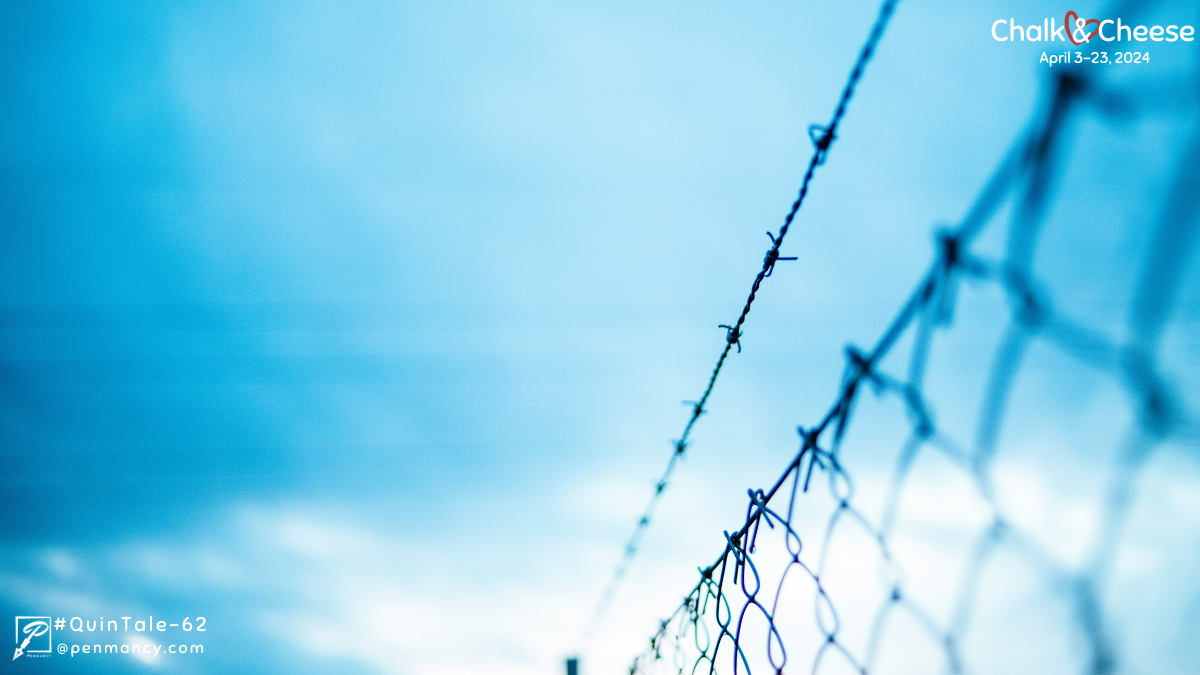Beyond The Border

Aarav and Fahad—two young students crammed into the economy section of the airplane — unwittingly hurtled towards a shared destiny in America. Different in temperament, dreams, and countries, their destinies were intertwined by the pursuit of higher education in a land far from home.
At JFK Airport, the scent of coffee drew them together in a busy cafe queue. Aarav, clutching a tattered copy of Feynman's Lectures on Physics, and Fahad, gripping Midnight's Children, stood side by side, strangers yet compatriots. Over hot coffee, they discovered their common situation—two years, one apartment, and dreams borrowed from others.
“I’m here to unravel the cosmos,” Aarav said, his voice tinged with a physicist’s precision.
“My quest is to navigate the human emotional spectrum via art,” Fahad countered.
Their apartment was small, a crucible for two diverging philosophies. Cricket posters clashed with scientific charts, an uneasy truce between two worlds.
When cricket season arrived, the tension came to a head. India vs. Pakistan. Chalk vs. cheese. Hindu vs. Muslim. Each game turned their apartment into a battleground, where cheers and jeers resonated like gunfire in a demilitarized zone.
“The Indian cricket team epitomizes precision, like my physics,” Aarav exclaimed as Tendulkar hit another boundary.
“Cricket is an art,” Fahad countered, “watch as Pakistan’s captain Akram paints a masterpiece with his swing!”
Despite their clashes, there was a ritualistic peace in their routines. Post-match, regardless of the outcome, they would drag the old cricket bat and a rubber ball outside, creating their own patch of play amidst New York’s concrete jungle.
“Observe that catch—it’s destiny itself seizing the ball,” Aarav declared, with a physicist’s enthusiasm, as he gestured toward his catch.
Fahad wryly suggested, “So, destiny dons blue jerseys, I presume?”
Their argument escalated in their apartment, driven by deep-seated resentments and misunderstandings between Indian and Pakistan, until an unexpected blackout cloaked the room.
“Great, what now? Your scientific analysis, perhaps, on why we’re sitting in the dark?” Fahad's voice floated through the gloom.
“Or your poetic lament on the fragility of modern conveniences?” Aarav replied, his tone light with amusement.
In the shadows, Aarav instinctively drew closer to Fahad, seeking camaraderie rather than succumbing to fear. Their hands met and clasped between their chairs, an unplanned yet unresisted gesture of unity.
“There’s a flashlight in the kitchen drawer,” Aarav quivered, almost reflective.
“Let’s just sit for a while,” Fahad suggested, sensing Aarav's unease.
In the enveloping silence, their unspoken need for each other's presence softened the edges of their differences, binding them together despite—or perhaps because of—their contrasts.
When the lights flickered back to life, neither moved at first. In that shared darkness, they had discovered an unspoken truth — the warmth of human connection.
“I remember reading about your fear of the dark,” Fahad murmured, his tone gentle and understanding. “It’s alright, Aarav, I’m here.”
Aarav laughed sincerely, relieved and touched by Fahad’s empathy. “Yes, we remain brothers despite the border between us. Your company brings comfort.”
